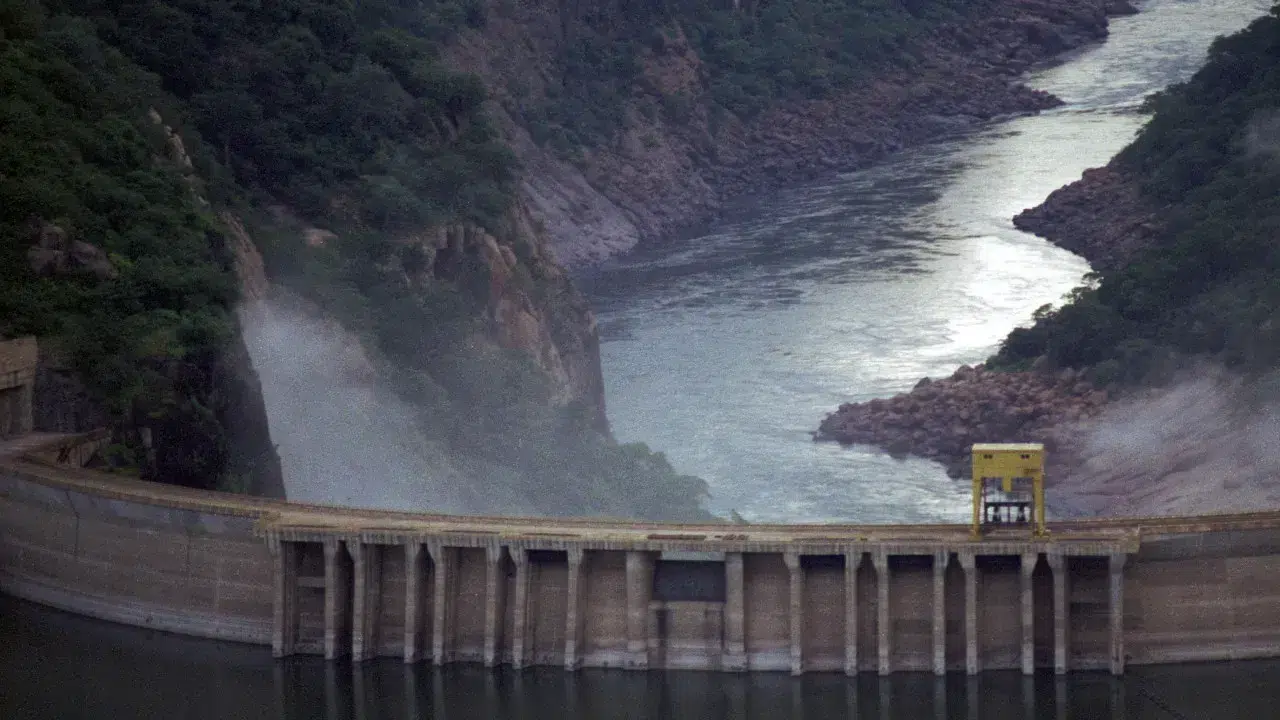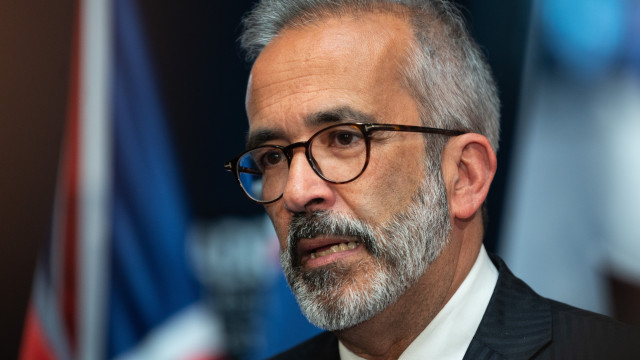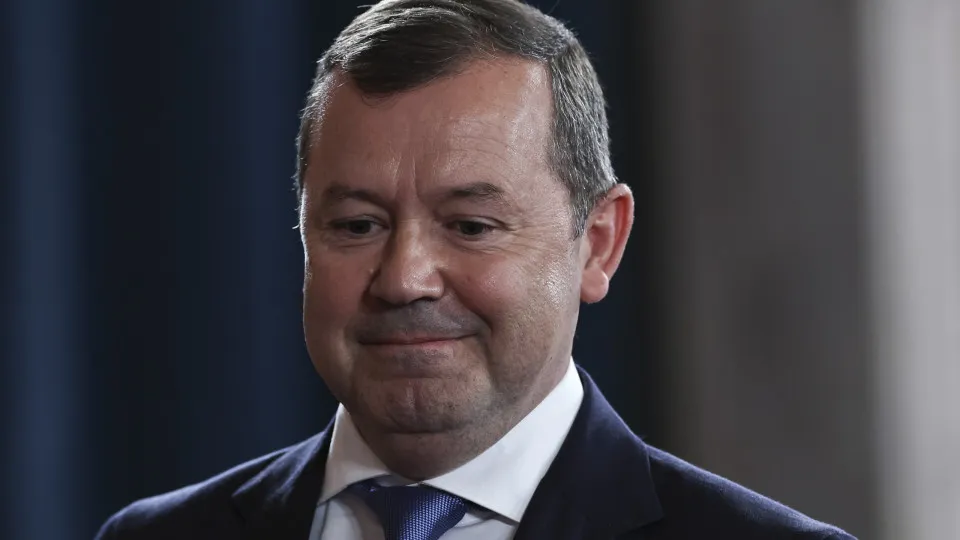
The information is detailed in the future projects identified in the 2024 annual report of HCB, reviewed in June. The report indicates that the administration plans to “maintain a focus on implementing modernization, diversification, and expansion projects, with renewed vigor following the strategic analysis guiding the company towards objective choices.”
“Public tenders will be launched to identify strategic partners for the co-development of the 400 MWac photovoltaic power plant and the Cahora Bassa North Plant, as part of the company’s business diversification and expansion,” it states.
HCB is a private joint-stock company, 85% owned by the state-owned Companhia Elétrica do Zambeze and 7.5% by the Portuguese energy company Redes Energéticas Nacionais (REN), with 3.5% being treasury shares, while the remaining 4% are held by Mozambican citizens, companies, and institutions.
The Cahora Bassa dam, located in the Tete province, was constructed during the Portuguese colonial period. Its reservoir is the fourth largest in Africa, spanning a maximum of 270 kilometers in length and 30 kilometers wide, covering an area of 2,700 square kilometers with an average depth of 26 meters. The facility employs nearly 800 workers and is among the largest electricity producers in southern Africa, supplying neighboring countries.
Commercial operations at the dam began in 1977, initially transmitting 960 Megawatts (MW) produced by three generators, compared to the current installed capacity of 2,075 MW in a single plant to date, according to HCB data.
HCB reported profits of 14.1 billion meticais (195.7 million euros) for the 2024 fiscal year, marking an increase of almost 8.5% over 2023, “the highest in the company’s history” and the “combined result” of the total production generated last year, which was 15,753.52 GigaWatt-hours (GWh), alongside the adjustment of the energy tariff sold abroad.”
HCB’s chairman, Tomás Matola, previously stated that the major energy challenge in Mozambique is currently responding to domestic demand due to economic development and industrialization, as well as regional demand.
He added that the region faces “an energy deficit exacerbated by South Africa,” yet this is also “an opportunity for Cahora Bassa to grow and expand.”
Thus, Matola highlighted that Cahora Bassa still “retains the same production capacity left by the Portuguese,” but has plans for expansion projects.
One such project is the North Plant, in the study phase, which Matola believes will be approved this year by the Council of Ministers, with construction potentially beginning in two years and continuing until 2031 or 2032.
For this investment, HCB “will open capital only for the North Plant, in a ‘project finance’ perspective, at 40%,” with the remaining 60% retained by HCB, using its resources but also resorting to debt to ensure necessary financing.
Another project is the photovoltaic energy plant, initially set to produce 400 megawatts of solar power, currently in the “pre-study” phase but expected to expand capacity and be open to private operators. In this venture, HCB is considering retaining between 5% to 10% of the capital.




